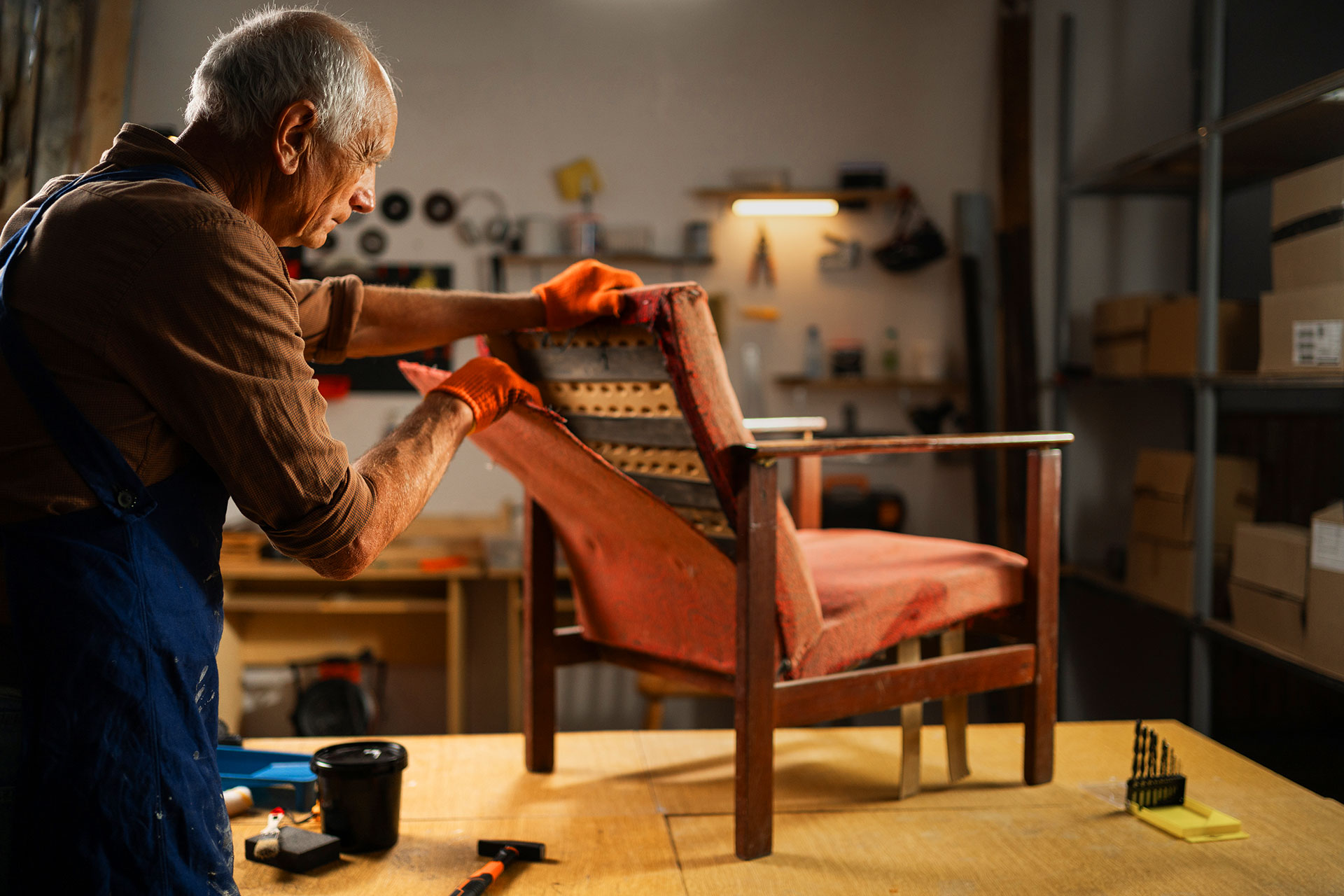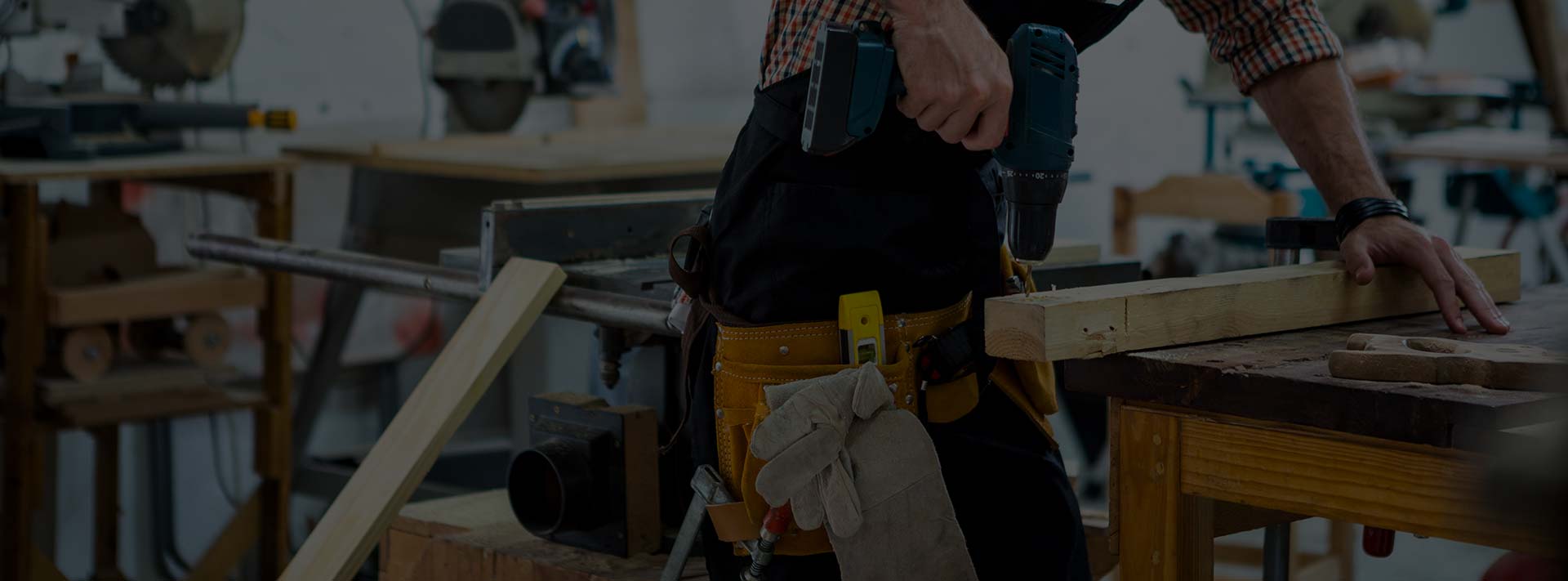
28 Sep Why Your Upholstery Project Looks Amateur Even With Good Fabric
You found the perfect fabric. The color is rich, the texture is luxurious, and the pattern is exactly what you pictured. Yet when the project is done, something feels off. Instead of looking custom and professional, the chair or sofa has that unmistakable “DIY” look. The fabric isn’t the problem. The details are.
The Structure Underneath Matters
Fabric can only do so much. If the frame, padding, or webbing beneath isn’t properly prepared, the end result will never feel polished. Lumpy foam, uneven batting, or loose joints all show through even the finest materials.
Professional upholsterers spend as much time building a smooth foundation as they do applying the outer layer.
Precision Beats Enthusiasm
Pulling fabric tight seems easy, but the difference between taut and too tight is razor thin. Uneven tension leads to wrinkles, puckers, and corners that don’t sit flat. Professionals use tools and techniques to stretch, staple, and finish fabric evenly across every surface. Without that precision, the project always looks slightly “off,” no matter how beautiful the material itself.
Edges Tell the Story
The eye goes straight to the edges. Crooked seams, bulky folds, or sloppy corners stand out more than the rest of the project.
Clean edges are what separate professional work from the amateur look. The right tack strips, trim, or banding hold fabric in place invisibly, creating those crisp lines that make upholstery look seamless.
Tools Matter More than People Think
Many DIY projects fail because the wrong tools are used for the job. A standard stapler can’t compete with a pneumatic one. Household scissors leave ragged edges where a sharp fabric blade would glide clean. Upholstery isn’t just about fabric; it’s about the tools that shape, hold, and finish it.
Some common tool mistakes that lead to amateur results:
- Using dull scissors that fray fabric edges
- Relying on weak staples that won’t hold under tension
- Skipping tack strips or bands that secure straight lines
- Forgetting mallets, stretchers, or proper hammers for clean finishes
The Finishing Touches Define the Look
Even when most of the work is done well, small details can undo it all. Trim that doesn’t line up, buttons placed unevenly, or fabric patterns that don’t match across panels ruin the illusion of professionalism.
The finishing touches are where projects either shine or fall apart.
Why the Pros Make It Look Effortless
What looks simple on the surface, pulling fabric and stapling it down, is really the sum of dozens of small, practiced techniques. It’s not about one big skill.
It’s about layering precision, the right tools, and patience until the piece feels cohesive.
Conclusion
Good fabric is only the beginning. Without careful prep, proper tools, and attention to the details that most people overlook, even the best material ends up looking second-rate. Professional results don’t come from fabric alone; they come from the invisible craft that holds it together.



